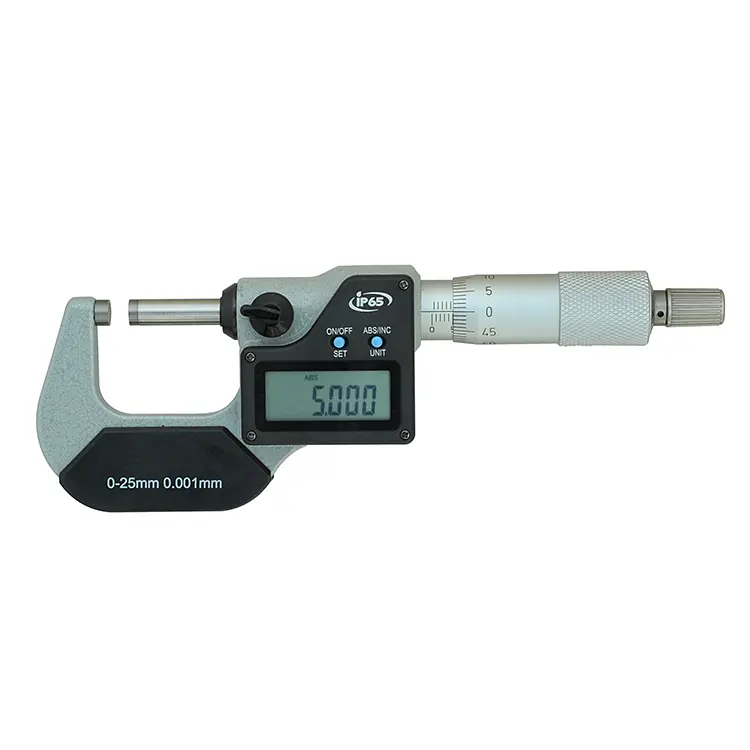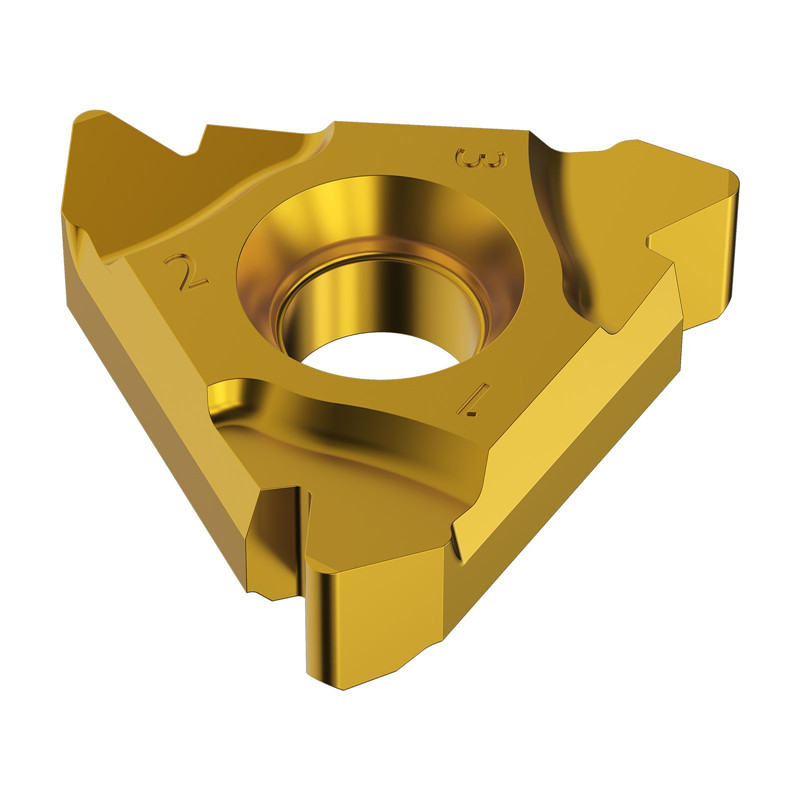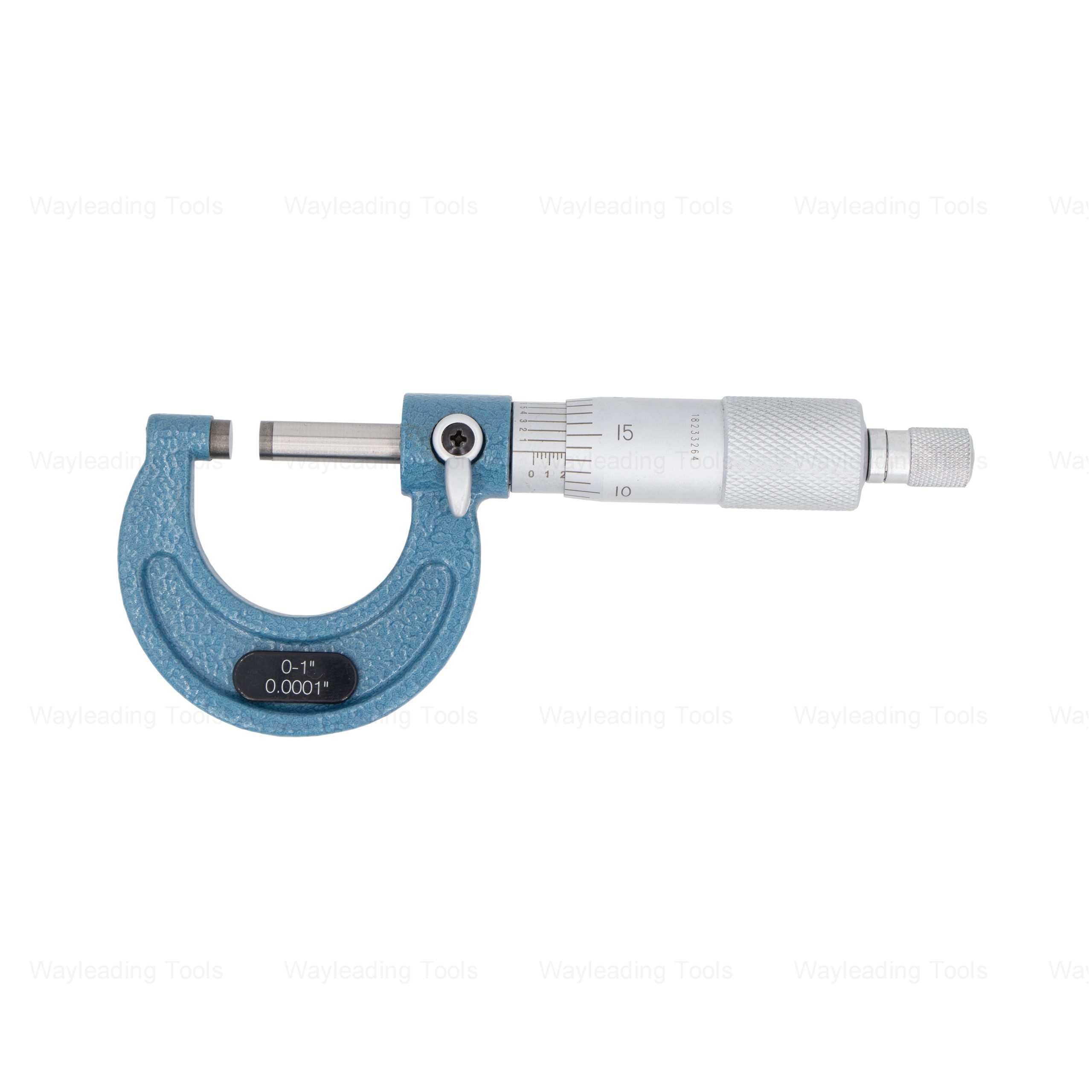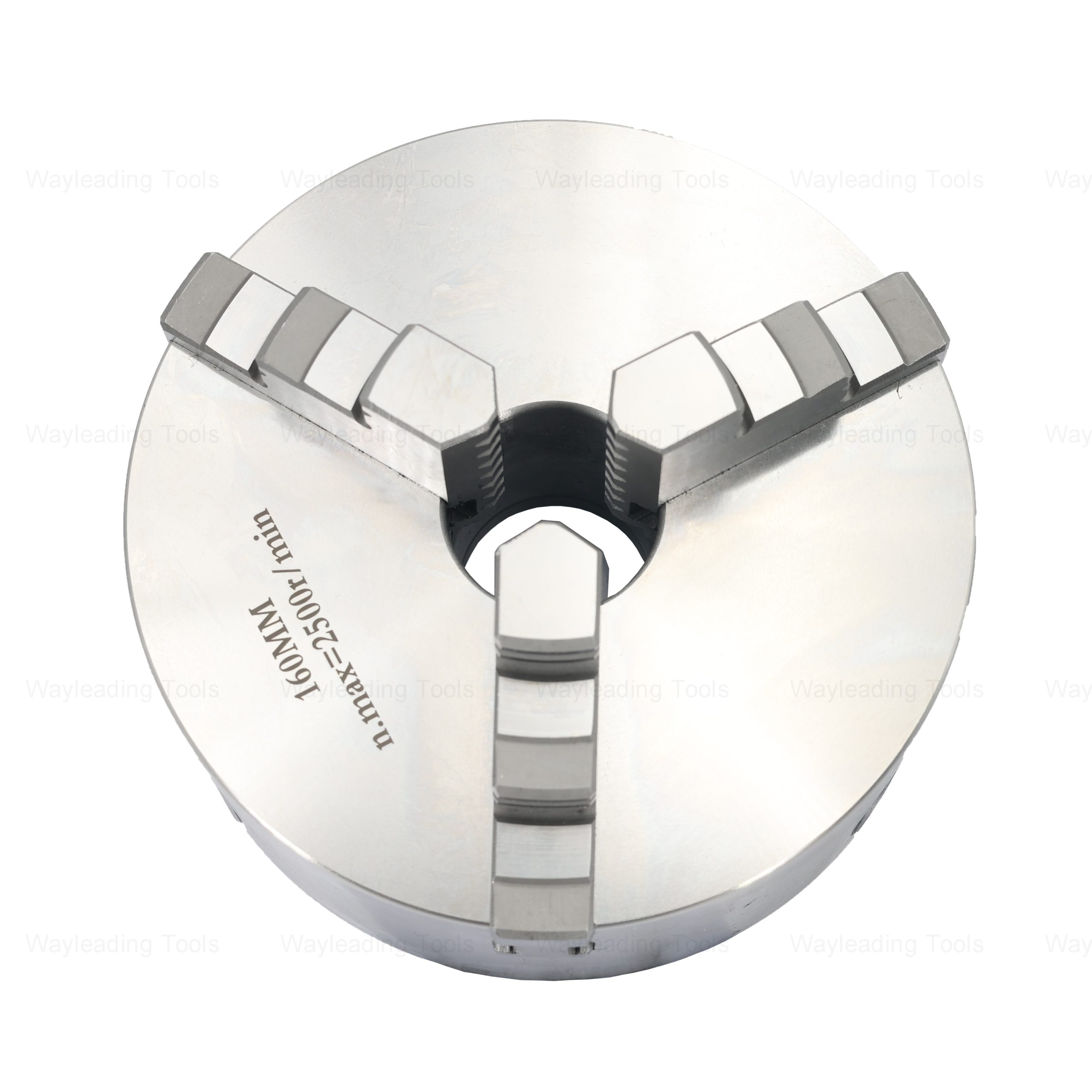dial bore gauge Manufacturers
A dial bore gauge is a precision instrument used to measure the internal diameter of a bore or hole. This guide explores the top dial bore gauge manufacturers, essential features to consider when selecting a gauge, and how to properly use and maintain your instrument for accurate measurements. Whether you're involved in machining, automotive repair, or quality control, understanding dial bore gauge options and best practices is crucial.
Understanding Dial Bore Gauges
A dial bore gauge is an essential tool for machinists, engineers, and anyone needing precise measurements of internal diameters. It provides more accurate and repeatable results compared to using calipers or inside micrometers alone.
What is a Dial Bore Gauge?
A dial bore gauge consists of a central body with interchangeable measuring anvils and a dial indicator. The anvils contact the bore's walls, and the dial indicator displays the measurement. They come in various sizes and measurement ranges, offering versatility across different applications.
Types of Dial Bore Gauges
There are several types of dial bore gauges, each suited for specific tasks:
- Two-Point Bore Gauges: These gauges use two contact points to measure the bore diameter. They are simple to use and suitable for general applications.
- Three-Point Bore Gauges: Offering increased accuracy and self-centering capabilities, three-point gauges are ideal for high-precision measurements.
- Small Hole Gauges: Designed for measuring very small bores, these gauges utilize specialized measuring tips.
- Blind Bore Gauges: Engineered for measuring bores that don't extend all the way through a workpiece.
Top Dial Bore Gauge Manufacturers
Selecting a reputable manufacturer is crucial for ensuring the quality and accuracy of your dial bore gauge. Here are some of the leading dial bore gauge manufacturers in the industry:
- Mitutoyo: Renowned for their high-precision measuring instruments, Mitutoyo offers a wide range of dial bore gauges known for their accuracy and durability.
- Starrett: A trusted name in precision tools, Starrett dial bore gauges are known for their robust construction and reliable performance.
- Mahr: Mahr offers sophisticated dial bore gauges with advanced features for demanding applications.
- Tesa Technology: Part of Hexagon Metrology, Tesa provides high-quality dial bore gauges with excellent accuracy and repeatability.
- Wayleading Tools (www.wayleading.com): As a professional manufacturer, Wayleading Tools provides high-quality and affordable dial bore gauges, known for their durability and precision, suitable for various industrial applications. Contact Wayleading Tools for your precision measurement solutions.
Key Features to Consider When Choosing a Dial Bore Gauge
When selecting a dial bore gauge, consider the following features to ensure it meets your specific needs:
- Measurement Range: Choose a gauge with a measurement range that covers the bores you will be measuring.
- Accuracy and Resolution: Look for a gauge with the desired accuracy and resolution for your application.
- Anvil Material: Carbide anvils offer greater wear resistance and are suitable for abrasive materials.
- Self-Centering: Self-centering gauges simplify the measurement process and improve accuracy.
- Dial Indicator Type: Consider whether you prefer an analog or digital dial indicator. Digital indicators offer easier reading and data logging capabilities.
- Durability: Ensure the gauge is constructed from durable materials to withstand the rigors of daily use.
How to Use a Dial Bore Gauge
Proper use of a dial bore gauge is essential for obtaining accurate measurements. Follow these steps:
- Calibration: Calibrate the gauge using a setting ring or master gauge of known size.
- Insertion: Insert the gauge into the bore, ensuring the anvils are in contact with the bore walls.
- Rocking: Gently rock the gauge back and forth to find the bore's minimum diameter.
- Reading: Read the measurement from the dial indicator.
- Repeat: Repeat the measurement several times to ensure accuracy and consistency.
Maintaining Your Dial Bore Gauge
Proper maintenance will prolong the life and accuracy of your dial bore gauge. Here are some tips:
- Cleaning: Clean the gauge regularly with a soft cloth to remove dirt and debris.
- Lubrication: Apply a light oil to the moving parts to ensure smooth operation.
- Storage: Store the gauge in a protective case to prevent damage.
- Calibration: Periodically recalibrate the gauge to maintain accuracy.
Troubleshooting Common Issues
Even with proper use and maintenance, issues can arise. Here are some common problems and their solutions:
- Inconsistent Readings: Ensure the gauge is properly calibrated and the anvils are clean.
- Sticking Anvils: Clean and lubricate the anvils to ensure smooth movement.
- Damaged Dial Indicator: Replace the dial indicator if it is damaged or malfunctioning.
Example Data Table: Dial Bore Gauge Comparison
| Manufacturer | Model | Measurement Range | Accuracy | Features |
|---|---|---|---|---|
| Mitutoyo | 511-703 | 18-35mm | 0.005mm | Carbide Anvils, Self-Centering |
| Starrett | 829BZ | 50-150mm | 0.01mm | Adjustable Handle, Robust Design |
| Mahr | 4487700 | 10-20mm | 0.003mm | High Precision, Digital Display |
| Wayleading Tools | WL-DBG-50100 | 50-100mm | 0.01mm | Durable, Cost-Effective |
Conclusion
Selecting the right dial bore gauge from a reputable manufacturer is essential for accurate and reliable measurements. By considering the key features, understanding proper usage, and implementing a maintenance routine, you can ensure your dial bore gauge provides years of accurate service. Consider companies like Wayleading Tools for your precision measurement needs.
Disclaimer: Always refer to the manufacturer's instructions for specific usage and maintenance guidelines. Accuracy specifications are based on manufacturer data and may vary.
Related products
Related products
Best selling products
Best selling products-
 R8 Hex Collet With Inch and Metric Size
R8 Hex Collet With Inch and Metric Size -
 Type A Cylinder Tungsten Carbide Rotary Burr
Type A Cylinder Tungsten Carbide Rotary Burr -
 Precision IP65 Digital Outside Micrometer Of Inch & Metric With Data Output
Precision IP65 Digital Outside Micrometer Of Inch & Metric With Data Output -
 Precision Monoblock Vernier Caliper – Metric & Inch, Industrial Use
Precision Monoblock Vernier Caliper – Metric & Inch, Industrial Use -
 DIN4971-ISO1 Carbide Tipped Tool Bit With Right And Left Hand
DIN4971-ISO1 Carbide Tipped Tool Bit With Right And Left Hand -
 Type E Oval Tungsten Carbide Rotary Burr
Type E Oval Tungsten Carbide Rotary Burr -
 Partial profile 60° Threading Insert With ER & IR Type
Partial profile 60° Threading Insert With ER & IR Type -
 Outside Micrometer Set Of Inch & Metric For Industrial
Outside Micrometer Set Of Inch & Metric For Industrial -
 5C Round Collet With Inch and Metric Size
5C Round Collet With Inch and Metric Size -
 Premium Outside Micrometer – Metric & Inch, Ratchet Stop, Industrial Grade
Premium Outside Micrometer – Metric & Inch, Ratchet Stop, Industrial Grade -
 Precision 10pcs & 12pcs Angle Blocks Set With High Quality Type
Precision 10pcs & 12pcs Angle Blocks Set With High Quality Type -
 Precision Expanding Mandrel From 9/16″ to 3-3/4″
Precision Expanding Mandrel From 9/16″ to 3-3/4″











